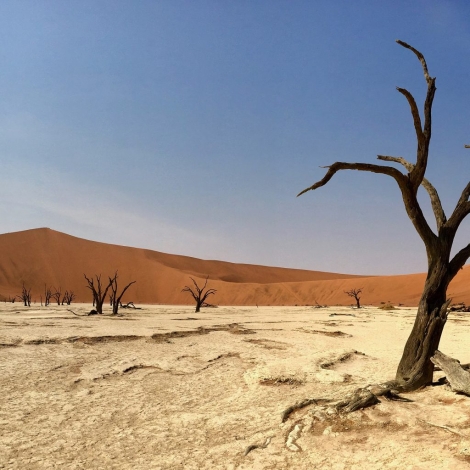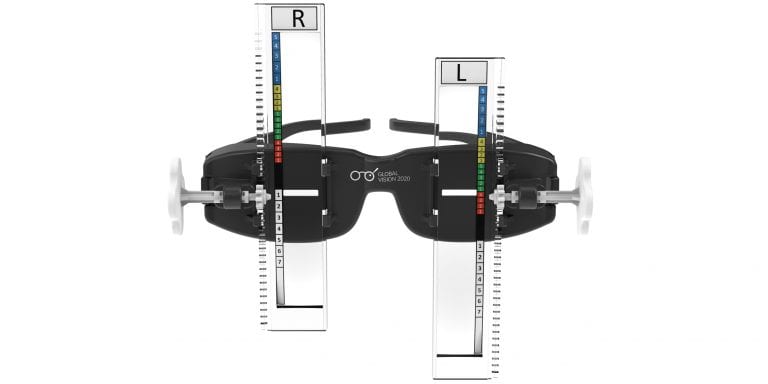Editor’s note: This article is a reprint of a page that appears in print in Appropriate Technology, Vol 47, No 1. It is published here with permission as a part of our partnership with the magazine. For more, please see the magazine’s site: www.appropriate-technology.com.
In an ideal world, this issue of Appropriate Technology would be devoted entirely to reports of successful and practical solutions to the rural development challenges of today’s world. Sometimes, however, life isn’t that simple.
While you will hopefully discover plenty of positive ‘can-do’ accounts as you turn the following 60-plus pages, the reality of March 2020 in many of our focus countries and regions is currently more about survival in the face of some pretty daunting challenges than what the future may hold in terms of growth and technological potential.
The threat of Covid-19 heads the current list of human health worries at present, of course, with WHO issuing fresh updates and advice on a daily basis. Although the virus represents a threat to the entire world, the pressure on developing nations is particularly intense, given the restricted medical and treatment resources available in some countries compared with more major economies.
As reported on page 10, WHO Director General, Dr Tedros Adhanom Ghebreyesus, attended an Africa-focused emergency meeting on COVID-19 in mid-February, during which he highlighted the issues surrounding Africa’s ability to cope with a major outbreak.
Our pages also feature reports on Ebola and measles, also serious health issues urgently demanding containment and treatment initiatives. Thankfully, in both cases, there are positive developments, with an Ebola vaccine breakthrough being celebrated in The Democratic Republic of the Congo, Burundi, Ghana and Zambia, and a measles vaccination drive being launched to bring much-needed protection to 45 million children across seven developing countries over the next six months.
Locusts
Moving on from health concerns, our pages also reflect the impact on farming in east Africa of the worst locust strikes Ethiopia and Somalia have seen for 25 years and the worst infestation that farmers in Kenya have faced in 70 years.
Many dramatic images have emerged in recent weeks, graphically illustrating the devastation capability of the Desert Locust, considered the most destructive migratory pest in the world. One small swarm covering one square kilometre is able to consume the same amount of food in one day as 35,000 people.
Water
Water supply and quality concerns continue to dominate debate and decisions in many regions, justifying our extended focus on this issue, both from a talking and positive action perspective.
As the adjoining image of a desert landscape in Namibia shows, water shortage is already a reality for many countries, highlighting need for governments, agencies and scientists to continue seeking urgent solutions.
In addition to reporting on the key messages and potential water solutions to emerge from the 20th International Congress and Exhibition of the African Water Association, held in Kampala, Uganda, we also take a look at a drought management tool from scientists in California; the breeding of new drought-resistant rice varieties by researchers in Sheffield, UK, and hear from Practical Action on their water-based achievements in Darfur.
Last Word
Having invited potential ‘Last Word’ contributors to stand up and be counted in my December 2019 editorial, I’m delighted to thank Elspeth Waldie, founder and chairman of the charity, Purple Field Productions, for doing just that.
Speaking from a background of cooperating with people in Africa and Asia to make educational films – in their own languages – she has encountered many issues, including land use, health, social welfare and the environment. She gives her thoughts and conclusions on pages 64 & 65.
And don’t forget, potential contributors, it could be you next time.
— Comment by Colin Ley

